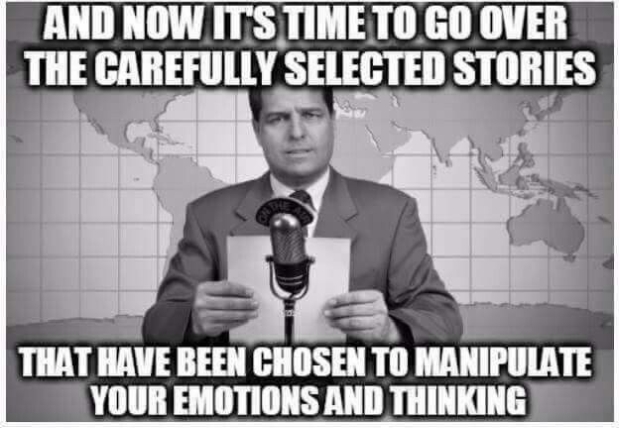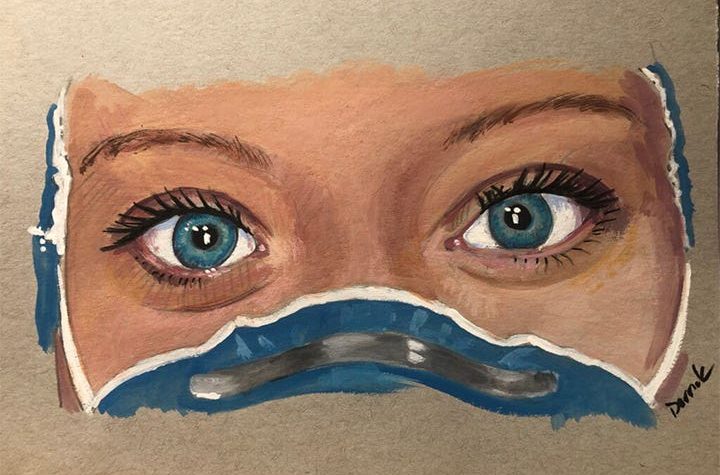
No doubt, you have heard the saying: “There is one law for the rich and another for the poor”. But wouldn’t it be more accurate if it were “One law for civil society and another for the powerful”?
There are de facto two moral codes operating in most countries: the law the vast majority has to abide by and a law that permits the powerful to transcend this law and commit otherwise illegal acts with impunity.
There are, of course, many countries in the world with their own codes of behaviour but all conform, more or less, to a worldwide standard of basic morality – that is, for the common people. So why this second code for the powerful?
Historically, the powerful, who are usually also the rich, have been adept at modifying the rules that apply to the rest in pursuit of their own interests. They have been able to use the instruments of state to justify to themselves and to their agents the rightfulness of their actions.
Nevertheless, it is illogical to have conflicting moral codes in a single jurisdiction: moral codes that deem certain behaviour to be illegal under one code but be lawful under another.
There is a empirical reason why all civil societies’ moral codes conform to a global pattern: it is because morality is intrinsic in the human make up, as natural and essential as the air we breath but cannot see. We depart from its precepts with peril because morality is balance and justice and is constantly seeking to bring all things into harmony. Its jurisdiction is universal and eternal.




I agree that morality is intrinsic in human beings but in addition the need for self preservation and self advancement is also intrinsic in human beings. This is why we have the inequality so blare fly apparent in the human world.
We see the same situation in all primitive societies as the leader apportions more to his plate than the followers. There are exceptions where a leader has shown an egalitarian approach to life on the planet and has spread the word to persuade people to follow the example but reality seta in pretty quickly and the inequality takes over again as the modus operandi.
I agree that it is an admirable aspiration and that we should pursue the cause as fairness is the antidote to the inequalities that afflict our civilisation today,but we need leaders who are able to e rest power over the selfishness that is becoming more and more entrenched. In our advertising led short term selfish society. I can’t see the leader emerging without a catastrophic crisis that hits the comfortable haves in the west and shatters our selfish way of life.